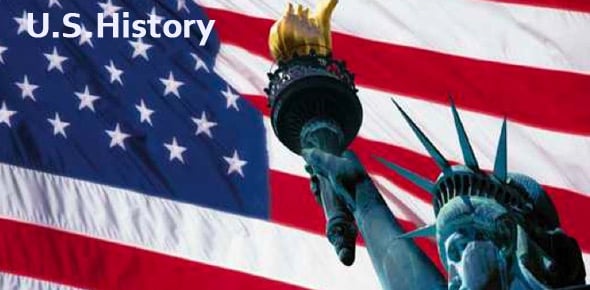U.S. History Standards Questions: Cold War
20 Questions
| Attempts: 166
2.
What first name or nickname would you like us to use?
×
Thank you for your feedback!

















